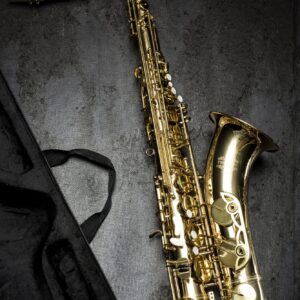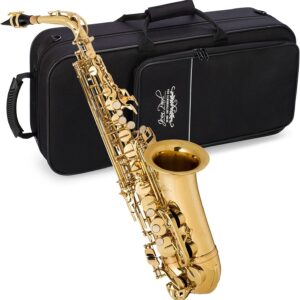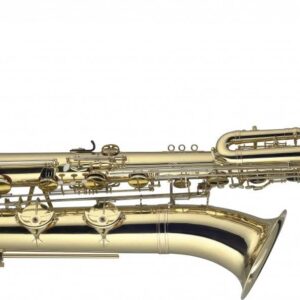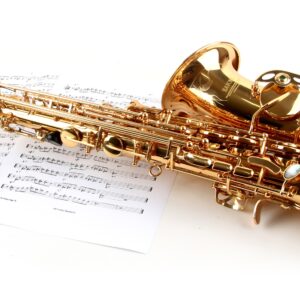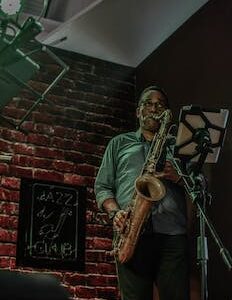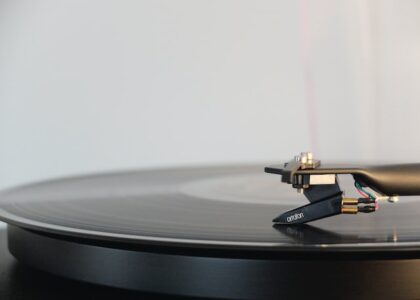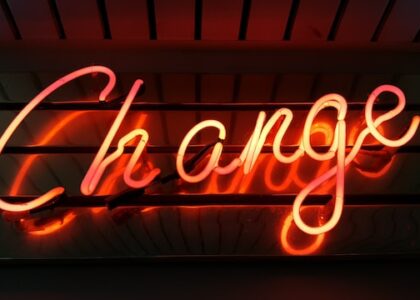Jazz was the original social network. It brought people together, encouraged dancing and singing, and allowed people to express themselves in new and creative ways. Plus, it was the perfect excuse to get dressed up and go out on the town. But how did jazz become so popular? Well, it all started with a little thing called Prohibition.
You Won’t Believe Why Jazz Was So Popular!
The Early Days of Jazz
Jazz has always been the kind of music that can make people’s toes tap and their heads bob, but have you ever wondered why it became so popular in the first place? The history of jazz can be traced back to the late 19th century in New Orleans, where African American musicians would blend African rhythms with European harmonies to create a new style of music. At first, jazz was played mostly in bars and brothels, but it didn’t take long for the rest of the world to catch on.
Jazz- The Birth of the Cool
One of the keys to jazz’s early popularity was its association with the “cool” lifestyle. People loved the idea of going to a smoky club, sipping on a fancy cocktail, and listening to some of the most talented musicians of the day. Jazz was the epitome of sophisticated nightlife, and people couldn’t get enough of it.
Swing Your Way into Jazz
The 1920s and 30s saw the rise of swing music, which took jazz to the masses. With its upbeat tempos and danceable rhythms, it quickly became the soundtrack to the era. Swing music was played on the radio, in movies, and at dance halls all across the country. Everyone from teenagers to grandparents wanted to swing to the sounds of Benny Goodman and Duke Ellington.
The War Years- Jazz on the Frontlines
During World War II, jazz served an important role in boosting morale and providing entertainment for the troops. Musicians like Glenn Miller and Count Basie traveled overseas to perform for the soldiers, and their music became a symbol of hope during a dark time in history.
The Jazz Age Renaissance
After the war, jazz continued to evolve and become more popular than ever. The 1950s and 60s were known as the Jazz Age Renaissance, with artists like Miles Davis and John Coltrane pushing the boundaries of what jazz could be. The music became more experimental, incorporating elements of rock and roll and free-form improvisation.
Jazz Today- A Celebration of the Classics
Today, jazz continues to capture the hearts of music lovers around the world. While the style may have changed over the years, its enduring popularity is a testament to the cultural significance of jazz music. People still flock to jazz clubs and festivals to hear the classics, as well as new artists putting their own spin on the genre.
The Punch Line- Laughter, Therapy and Jazz
Now, we know what you’re thinking- this all sounds pretty serious. But the truth is, jazz has always had a playful side to it. From Louis Armstrong’s infectious smile to Charlie Parker’s off-the-cuff humor, jazz musicians have always known how to bring a little laughter into the mix. In fact, studies have shown that laughter can have therapeutic benefits, and what better way to get your chuckles than by listening to some jazz?
In Conclusion
So, there you have it- the surprising history of jazz and why it became so popular. From its humble beginnings in New Orleans to its status as a worldwide phenomenon, jazz has touched the hearts of millions of people over the years. Whether you’re a die-hard fan or just someone who appreciates good music, jazz is sure to put a little swing in your step.
You Won’t Believe Why Jazz Was So Popular
The Origin of Jazz
Jazz music originated in New Orleans, Louisiana, in the late 19th and early 20th centuries. It emerged from a combination of African rhythms, European harmony, and American blues. It quickly gained popularity among African American communities and later gained recognition worldwide.
The Jazz Age
The Jazz Age in the 1920s was a time of great cultural and social change in America. Jazz music filled the clubs and speakeasies where illegal alcohol was served during Prohibition. Jazz musicians like Duke Ellington and Louis Armstrong became household names, and young people flocked to dance to their music.
Why Jazz Was So Popular
There are a few reasons why jazz became so popular. The first is that it was new and exciting. People had never heard music like this before, and it thrilled them. Jazz musicians were also skilled improvisers, meaning they could come up with new melodies and solos on the spot. This made each performance unique and exciting.
Another reason why jazz was so popular was that it spoke to people’s emotions. Jazz music could be joyful, sad, exuberant, or melancholic. It could capture the feeling of a moment, transporting the listener to a different time and place emotionally.
The Humorous Thread
Of course, there were also more humorous reasons why jazz became so popular. One is that it was associated with the illegal activity during Prohibition. People would go to speakeasies to drink and dance to jazz music, feeling like they were getting away with something.
Another quirky reason why it became popular is that it was just plain fun to listen to and dance to. Jazz music was lively and energetic, and it was impossible to sit still when it was playing. Even today, it has the power to make people want to get up and dance.
The Legacy of Jazz
Jazz music has had an enduring impact on American and global culture. While its popularity waned in the decades after the Jazz Age, it has maintained a loyal following and continues to influence modern music genres like hip-hop and electronic dance music.
The legacy of jazz can be seen in the many iconic jazz clubs and festivals around the world, from New Orleans jazz clubs to the annual New York City Jazz Festival. Jazz music continues to inspire and captivate audiences, almost a century after it first gained recognition.
Conclusion
In conclusion, there are many reasons why jazz became so popular. It was new and exciting, spoke to people’s emotions, and had a quirky association with illegal activity. Nevertheless, the true magic of jazz lies in the way it makes people feel. Its legacy continues today, inspiring musicians and audiences around the world.





